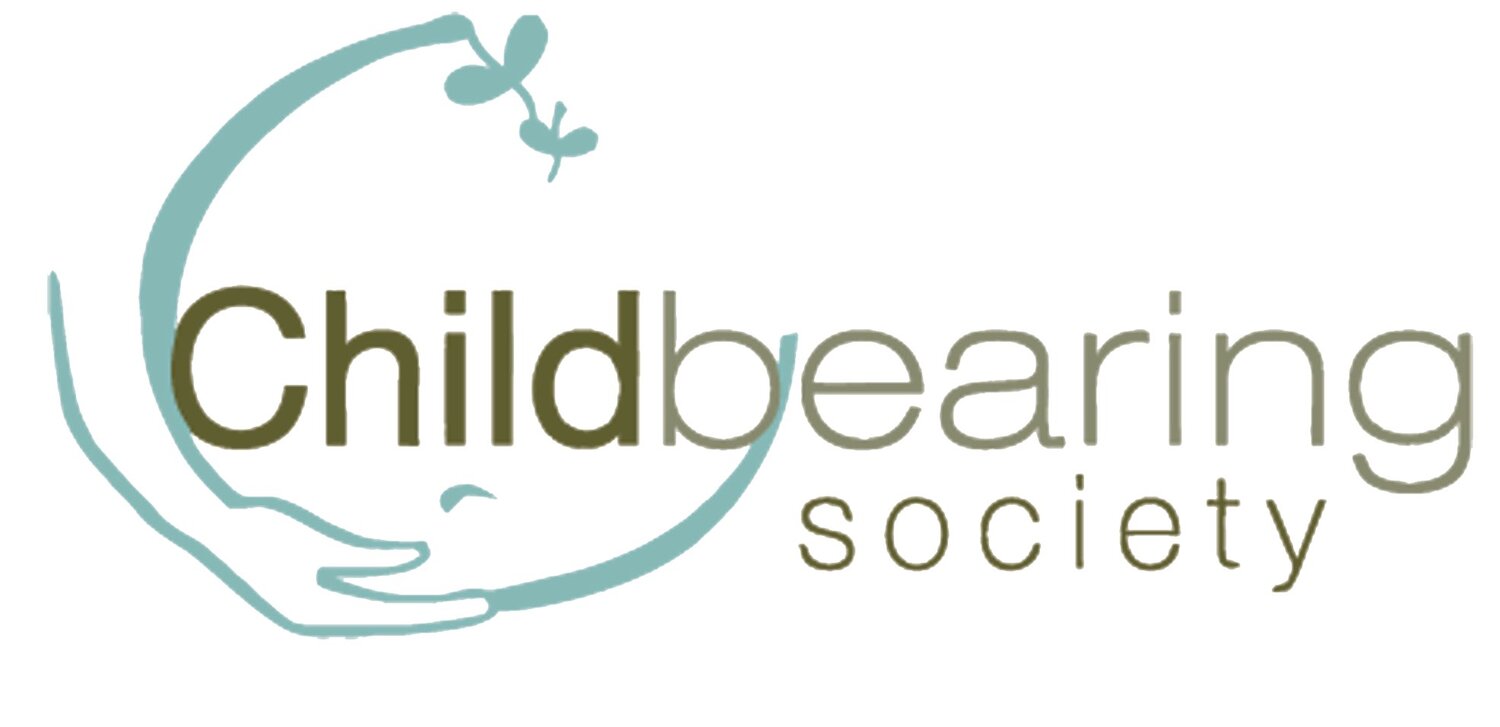Ask Childbearing: I have been starting to learn about newborn medical procedures….
Q: I have been starting to learn about newborn medical procedures: the eye ointment, the vitamin K shot, the heel prick, vaccinations… Are these procedures mandatory?
A: Medical procedures are never mandatory. You always have the choice to accept or decline, and sometimes to defer, if the procedure is not time or age-sensitive.
Your caregiver may offer, suggest, or strongly advise certain procedures, if he or she believes they would be beneficial for your baby, or if they are standard protocol recommended for all babies. But the final decision is always your own.
One option, of course, is to accept all procedures offered without any questions. You can assume that if they are standard protocol, a majority of babies get them. You might be comfortable with this, or you might prefer to have more information.
When in doubt, it can be helpful to do some of your own research. You can talk to friends, refer to books, and yes, even consult the internet. Despite the ubiquitous fear of bad information ‘out there’ on the web, there has never been a reported case of ‘death by google’. Make sure you seek out more than one internet source, and filter according to your own prior knowledge and good judgment.
It can also be useful to talk to other health professionals. For example, chiropractors, naturopaths, nutritionists, and other complementary therapists often have different perspectives on standard procedures that may or may not be relevant for you. You can take or leave their insights according to your own perspectives.
Finally, of course, it is useful to get information straight from the professional who is actually recommending the procedure. Asking the following questions can often yield the information you need to make an informed decision:
What is the procedure, exactly?
Why does my baby need it?
Are there any risks (immediate, long term, secondary, suspected)?
What might happen if I don’t do it? How likely is this?
Does it need to be done now, or can I research this/think about it a bit more?
Are there any other considerations?
This might give you enough data to feel confident making a decision, or it might impel you to research the issue further. If in doubt, waiting is often an option (although not always, depending on the procedure), allowing you more time to investigate, ponder, or discuss the considerations, or your concerns.
Ultimately, though, we all have to make the best decisions that we can for our children, using the knowledge we have access to at the time. Even declining discussion by positing implicit faith in our caregiver’s advice is itself a choice. As our children’s guardians, it behooves us to look into each decision we make on their behalf to ensure we support the procedure’s inclusion in their health care, or that we can defer or decline it with confidence. Not an easy job! But certainly it is our responsibility—the parent’s—even when we come to different conclusions than our friends or family. These can be difficult decisions, requiring all our grace to withhold judgment when others make opposite choices from ourselves. We are all aiming to act in the best interests of our children. Making medical decisions is a hard but inescapable part of parental accountability.
